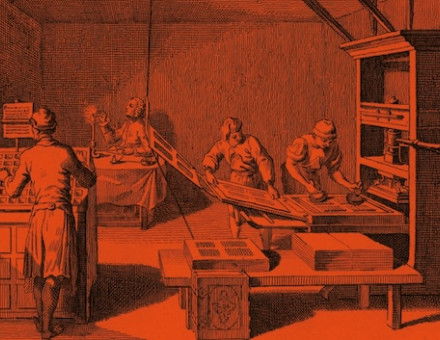Britain’s Last Liberal Governments: 1905-15
Graham Goodlad advises on how to prepare for examination questions on a key area.
The Liberal governments of Campbell-Bannerman and Asquith, which ran Britain during the decade prior to the First World War, were enormously important. They introduced a range of social reforms, including old age pensions and National Insurance, which have often been seen as essential building blocks of the later welfare state. They engaged in a major conflict with the hereditary House of Lords, which permanently altered the balance of the constitution. They grappled with issues of trade union unrest and votes for women, and attempted to bring self-government to Ireland. Some historians have detected in this period the beginnings of the decline of the Liberal Party, and its replacement by Labour as the main party on the centre-left of British politics.
Not surprisingly, these governments feature in the specifications of all three main examination boards. For one of these, AQA, they are the subject of an essay based module. This article does not provide large quantities of historical information, but rather picks out the main points needed to answer questions on four key areas:





